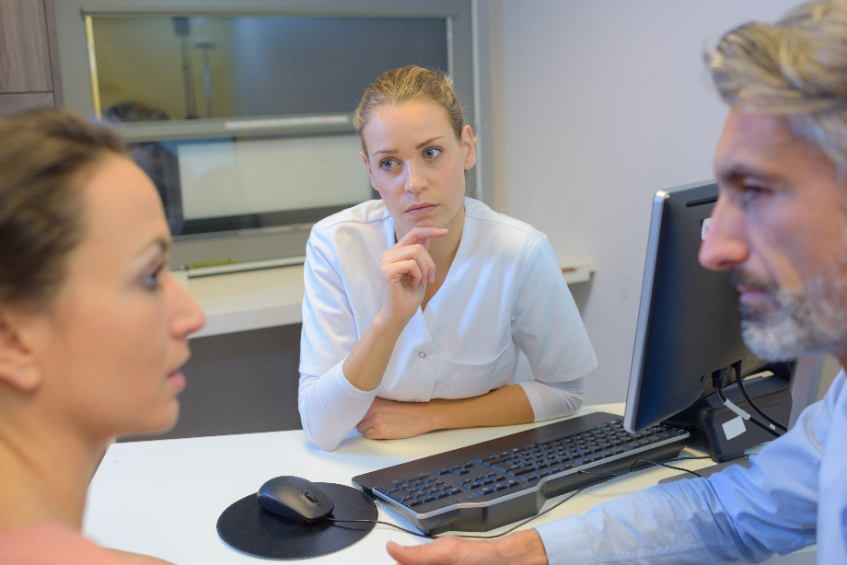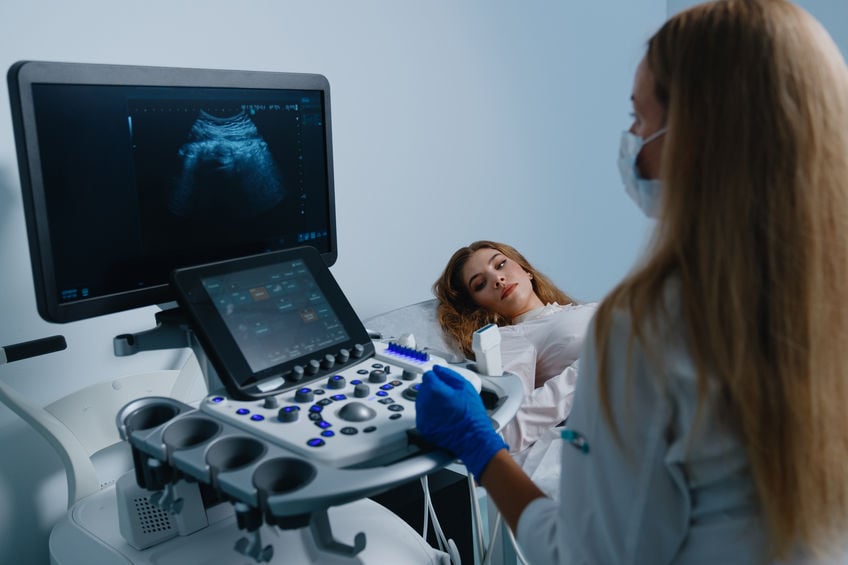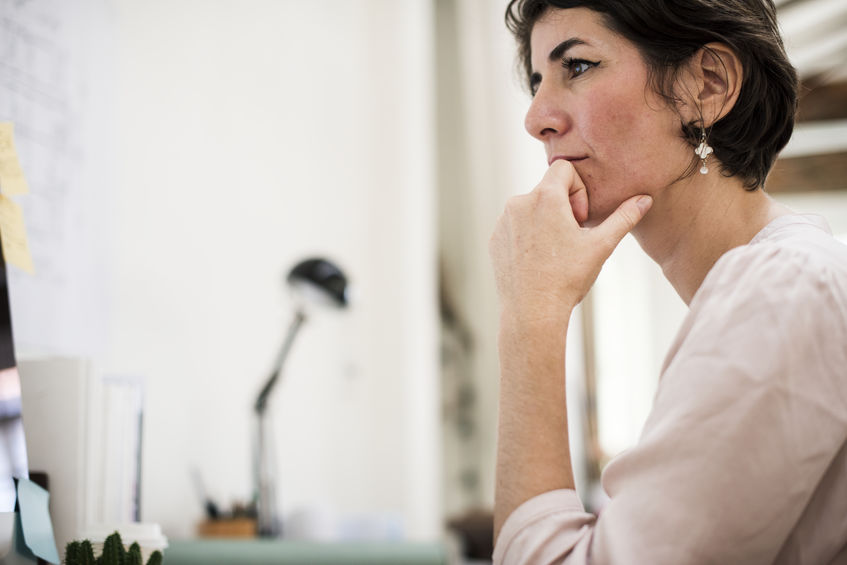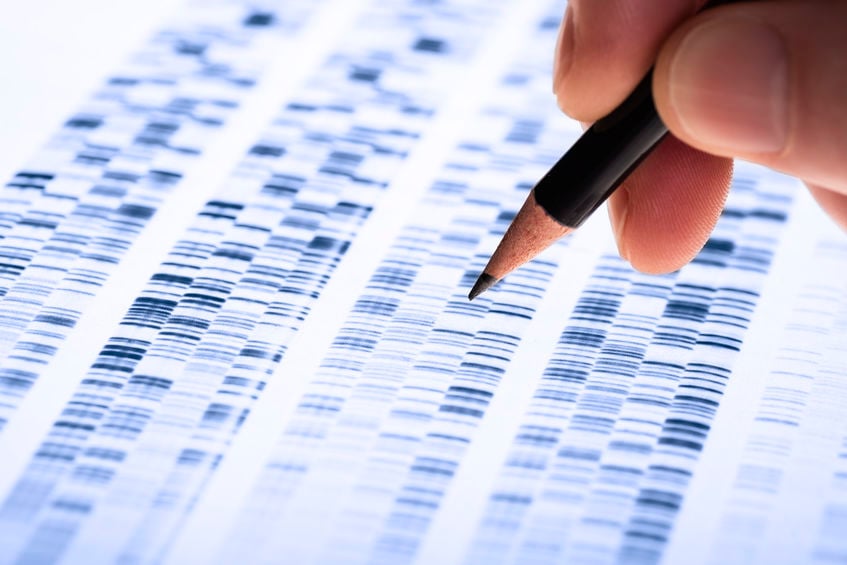Learning About Egg Donation
About 1 in 5 women are unable to get pregnant after one year of trying. An estimated 1 in 4 women struggling to get pregnant also experiences difficulty carrying a pregnancy to term. Ovum donation allows women to donate eggs to enable another woman to conceive a child as part of an assisted reproduction treatment. While egg donors may be the child’s biological mother, the donor waives legal rights or responsibilities to any child born as a result of the eggs. The state and federal governments regulate egg donation to protect both the donor and any future recipients. Before selecting a donor, determining health background, embryos needed and any risks associated with pregnancy over 40 ensures a smooth process.

1. Family and medical history
The first question future parents should ask is concerning the background of the donor. Before being accepted into an egg donation center, donors are screened for infectious diseases, specific genetic conditions, and overall hormone levels. To rule out any potential issues with the pregnancy, the recipient undergoes a medical evaluation and physical examination. Some patients use a known donor, such as a relative, friend, or acquaintance. First and foremost, egg donation depends on the donor's background and health history. A reproductive endocrinologist can help decide if the selected known donor is a good candidate.
2. How many embryos per cycle?
Once the donor is selected and the process begins, the next step is determining the number of eggs to be implanted. During the egg donation process, donors inject medication to produce multiple eggs at once. After the eggs are removed from the donor, doctors implant 1-2 of the viable embryos into the recipient's uterus.
3. Am I too old to use egg donation?
As a woman ages, the chances of pregnancy decline. Throughout the 20s and 30s, 1 in 4 women will get pregnant during any given cycle. As a woman reaches mid to late 30s, eggs decrease in quality and quantity. An older woman's eggs are also not as easily fertilized as younger women's eggs. Egg donation provides a solution for women able to carry a baby but unable to produce a viable egg. Many women achieve high success rates with egg donation throughout the 40s, but the risks associated with pregnancy increase as women approach age 50. Women over age 45 need additional testing to ensure optimal physical condition. Testing includes a screen for diabetes, an electrocardiogram (EKG), and clearance from a doctor specializing in high-risk pregnancies.
Achieving conception
While having a child through ovum donation may seem complicated, asking a few key questions helps cut through the noise. Reproductive specialists can help determine the best type of donor, the number of embryos needed, and any additional risks associated with pregnancy after age 40. Infertility can be frustrating and painful, but egg donors can help many prospective parents.





